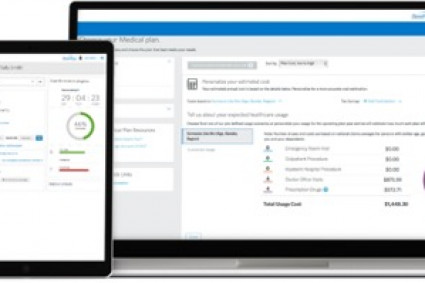
Managing finances within a limited company involves a delicate balance between business growth and personal financial needs. One crucial aspect of this balance is the strategic withdrawal of funds from the company. In this comprehensive guide, we will delve into the complexity of Taking Money out of a Limited Company in the UK, shedding light on legal and efficient ways to do so.
Who Can Take Money Out of a Limited Company?
Before exploring the methods of withdrawing funds, it’s essential to understand who has the authority to do so within a limited company. Typically, directors are the primary individuals authorized to make such decisions. However, it’s crucial to note that the process must adhere to legal and financial regulations to ensure compliance.
Ways of Taking Money Out of a Limited Company:
Let’s explore the various avenues through which funds can be withdrawn from a limited company, each with its own set of rules and implications.
1. Director’s Salary through PAYE:
One of the most straightforward methods for directors to access funds is by taking a salary through the Pay As You Earn (PAYE) system. This approach ensures compliance with tax regulations, with income tax and National Insurance contributions deducted at source.
When determining the director’s salary, it’s essential to strike a balance between a reasonable salary for their services and minimizing the tax burden. This method provides a regular income stream for directors while maintaining financial transparency.
2. Issuing Dividends:
Dividends represent a popular way for shareholders, often directors, to extract profits from a limited company. Dividend payments are made from the company’s profits after tax, and they provide a tax-efficient means of taking money out.
It’s crucial to understand the legality and timing of dividend payments, as they must be declared by the company’s board of directors. Additionally, maintaining accurate financial records is essential to demonstrate the availability of distributable profits.
3. Director’s Loans:
Directors can also access funds through loans from the company. While this method allows flexibility, it comes with tax implications. If the loan exceeds £10,000, the company must charge interest at the official HMRC rate.
Careful consideration is necessary to avoid unintentional tax consequences, and directors should be aware of the tax liabilities associated with repaying or waiving such loans.
4. Reimbursement of Limited Company Expenses:
Directors who incur expenses on behalf of the company can be reimbursed tax-free. This includes legitimate business expenses such as travel, accommodation, and meals. Proper documentation and adherence to company expense policies are essential to ensure compliance with tax regulations.
While understanding the various methods of taking money out of a limited company is crucial, it is equally important to approach these strategies with a keen awareness of legal and financial implications. By availing the services of experienced small business accountants, you can handle business finances with confidence, ensuring the prosperity of both your business and personal financial goals.




